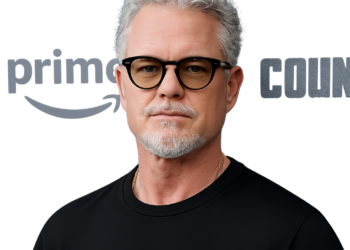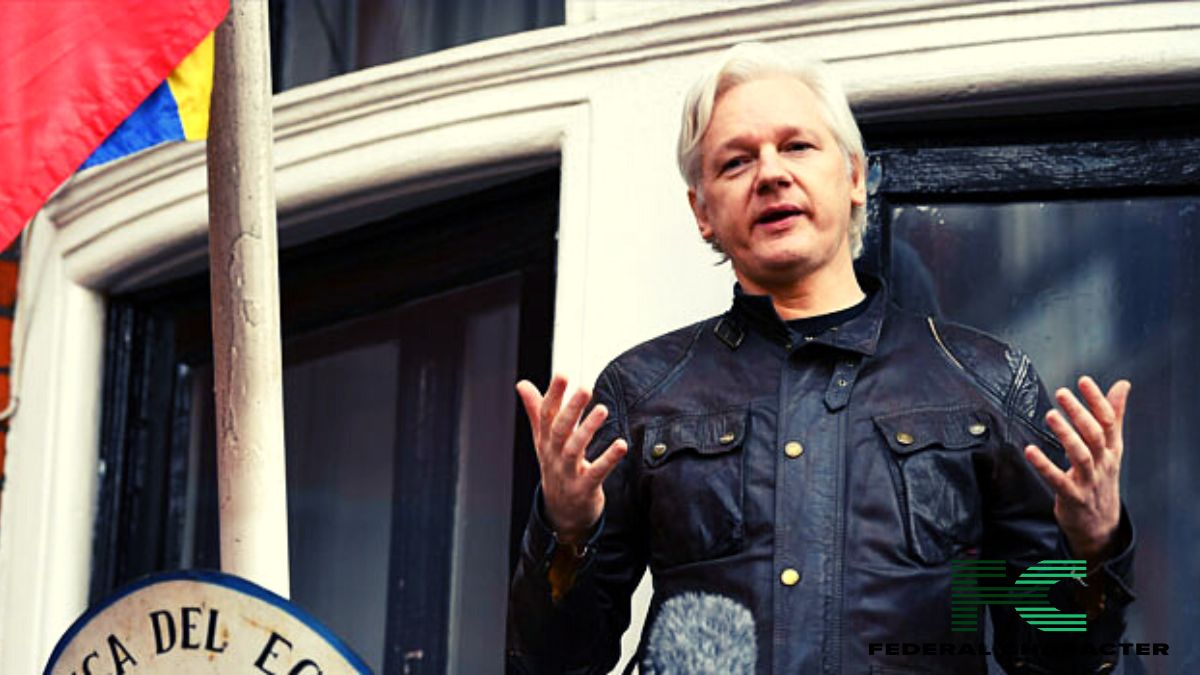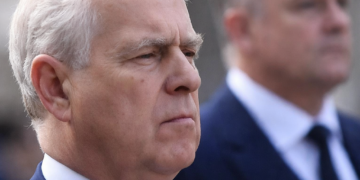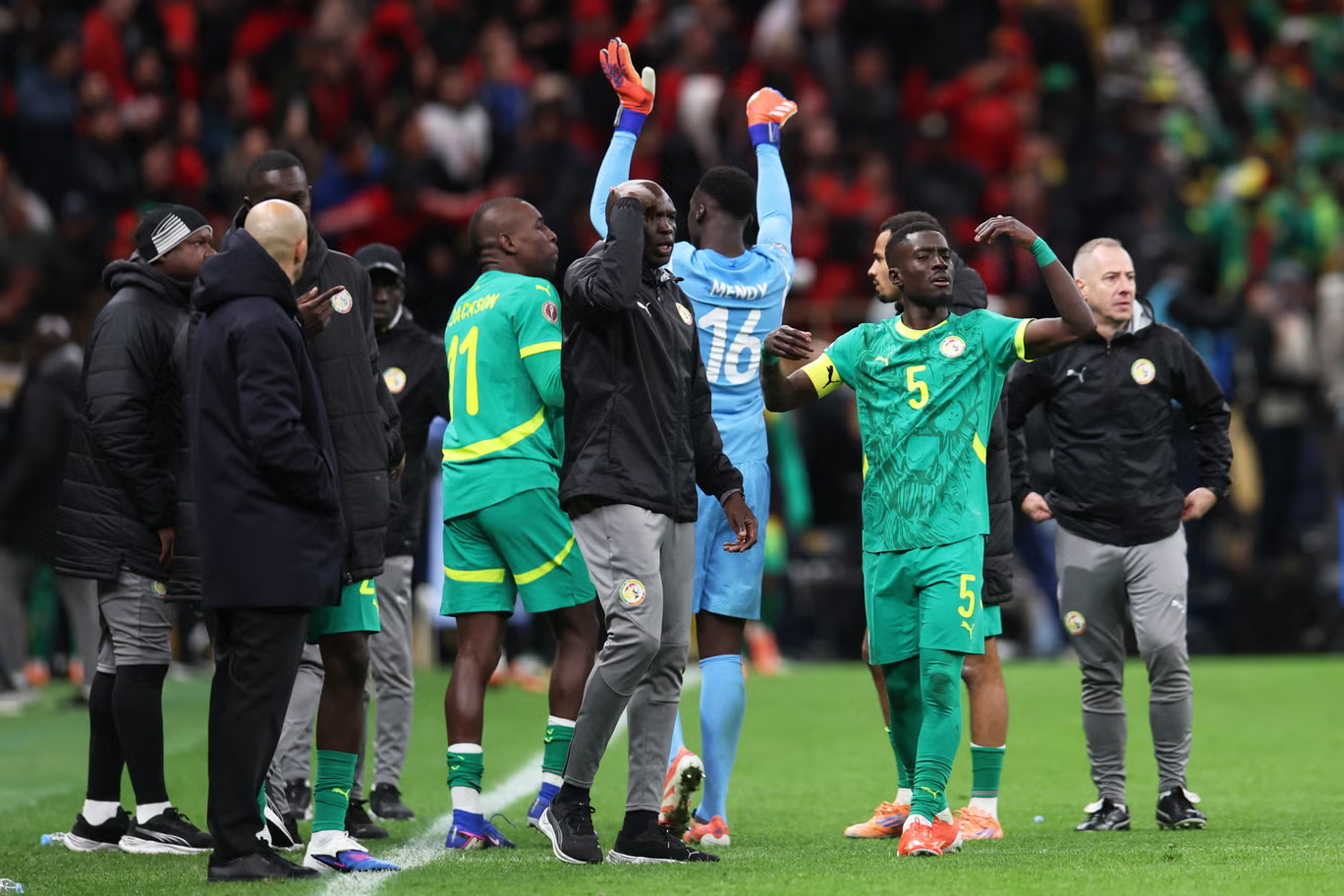I was scrolling through Facebook recently when I stumbled on a heated post by a creator who calls herself Real Proud Mum. Her content? Simple, wholesome family vibes, videos of her children lining up with her husband to collect their food. No narration, no over-the-top drama. Just a relatable family routine that struck a chord with thousands of followers.
This creator was furious. According to her, other influencers—some who have been in the game longer than she has—had copied her idea wholesale. They mocked her at first, but when her videos started gaining traction, they jumped on the trend. Now, her comments are full of shade, while the same people enjoy the engagement that her originality brought to the table.
Her rant ended with that classic Nigerian social media line: “The sky is big enough for everyone to shine.” But is it really shining if you’re standing on someone else’s ladder? Or better still, what does the law say about all this?
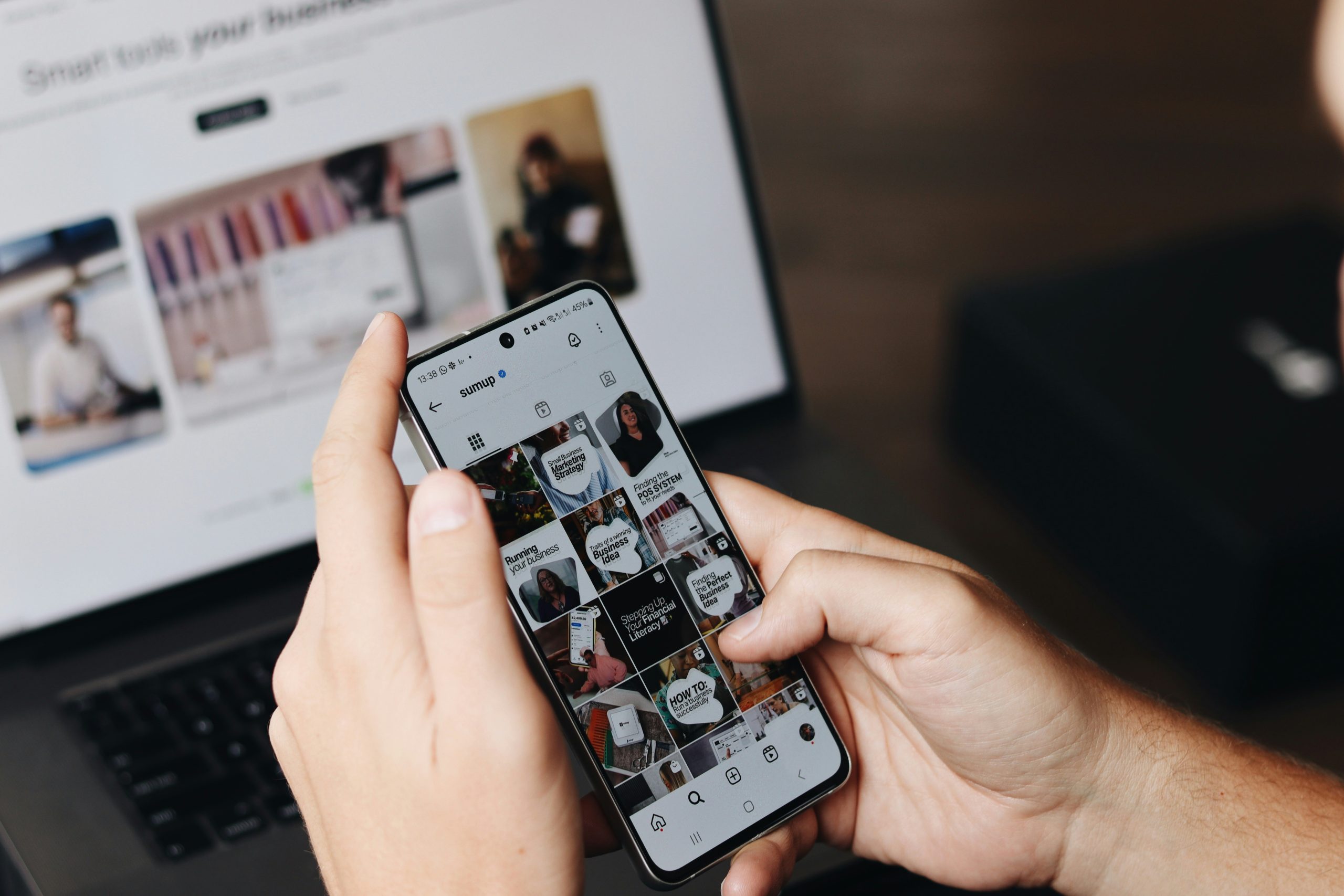
Is an Idea Protected by Copyright in Nigeria?
Here’s the hard truth: under Nigeria’s Copyright Act 2022, ideas alone are not protected. The law does not stop anyone from being inspired by your concept. So, if you say, “I want to make videos of family eating together,” and someone else does it too—legally, that’s fair game.
What is protected is the expression of that idea—the actual video you shot, your captions, your edits, your presentation style. Section 2 of the Act clearly states that audio-visual works (including videos posted online), literary works (captions) are eligible for copyright protection as long as they are original and fixed in a tangible form (posting online counts).
So, if someone downloads your video, crops out your watermark, and reuploads it, that’s an infringement. If they copy your exact script, shot-by-shot framing, and style, you may also have a case for substantial similarity under the law.
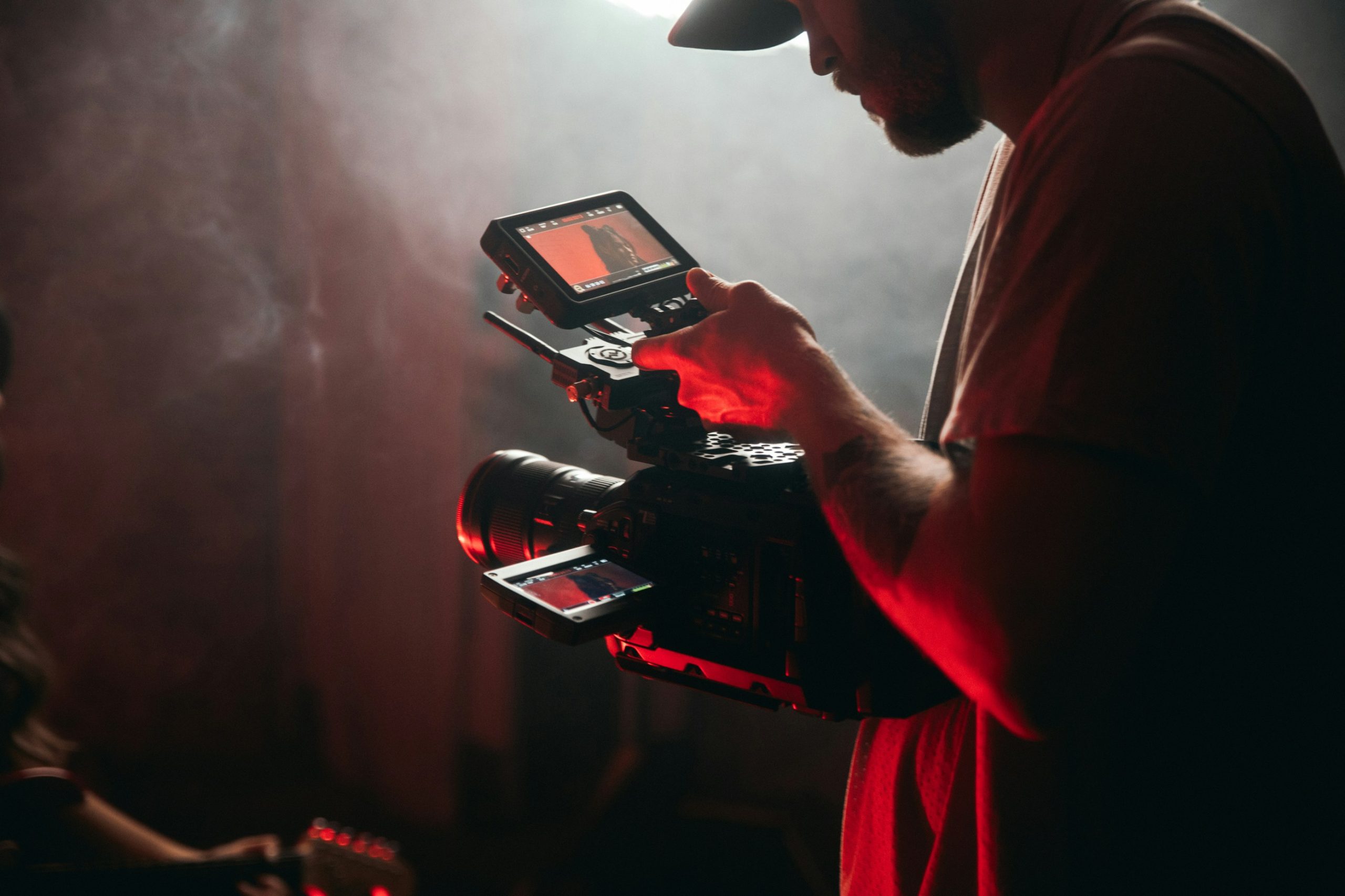
What Are Your Legal Rights?
Under Section 11, the copyright owner of an audio-visual work has the exclusive right to:
- Reproduce the work
- Distribute or communicate it to the public
- Adapt it
- Authorize others to do any of the above
If someone does any of these without your permission, it’s infringement.
But how do you enforce your rights? Here’s where many Nigerian creators struggle—because our industry lacks strong enforcement culture. Still, the law provides remedies:
✅ Cease and Desist Letter: A formal warning through your lawyer can scare off many infringers.
✅ Report to NCC: The Nigerian Copyright Commission has powers under Section 77 to investigate and act on infringement complaints.
✅ Take-Down Notice: Under Section 54, you can demand platforms like Facebook, TikTok, and Instagram remove infringing content.
✅ Civil Suit: Section 37 allows you to sue for injunctions (stop them), damages (compensation), and account of profits (money they made using your content).
The Catch: You Must Prove Ownership
This is where most influencers fail. If you want to fight legally, you must prove:
- That you created the content (keep raw files, drafts, timestamps).
- That the infringer had access to your content (comments, follows, shares).
- That their content is substantially similar to yours.
Also, note Section 37(4): If the infringer didn’t know your work was copyrighted, you might not get damages but you can claim profits they made.

Does Copying Mean Infringement? Not Always
If they only copy your idea but change everything else—the style, language, presentation—then it’s not infringement. It’s annoying, but not illegal. This is why lawyers always say: “Ideas are free; execution is everything.”
What Can Content Creators Do?
- Watermark Your Videos: Make it hard to steal.
- Register Your Work: While not mandatory, registering with the NCC strengthens your case.
- File Complaints Quickly: Use take-down systems on platforms.
- Avoid Emotional Outbursts: They don’t solve the problem—legal action does.
The Bigger Picture: Why Nigeria Needs Stricter Enforcement
The truth is, social media content creation is now an industry worth billions. Yet, most Nigerian creators don’t see it that way. They pour in time, energy, and money—but have zero legal strategy. Unlike the U.S., where Digital Millennium Copyright Act (DMCA) notices are standard, Nigerian enforcement is still weak.
The new Copyright Act 2022 gives us tools, but how many know about account suspension penalties under Section 56 for repeat infringers? How many use NCC to enforce rights? Hardly any. Until we build a culture of respect for intellectual property, these “content wars” will continue.
Final Thought
So, is the sky big enough for everyone to shine? Yes—but only if we shine with originality and respect for the law. Copying kills creativity, and when you steal, you don’t just hurt the creator, you hurt the entire industry.
For creators like Real Proud Mum, the best revenge isn’t another rant—it’s knowing the law, using it, and protecting your work. Because in this digital age, your content is your currency. Guard it like gold


